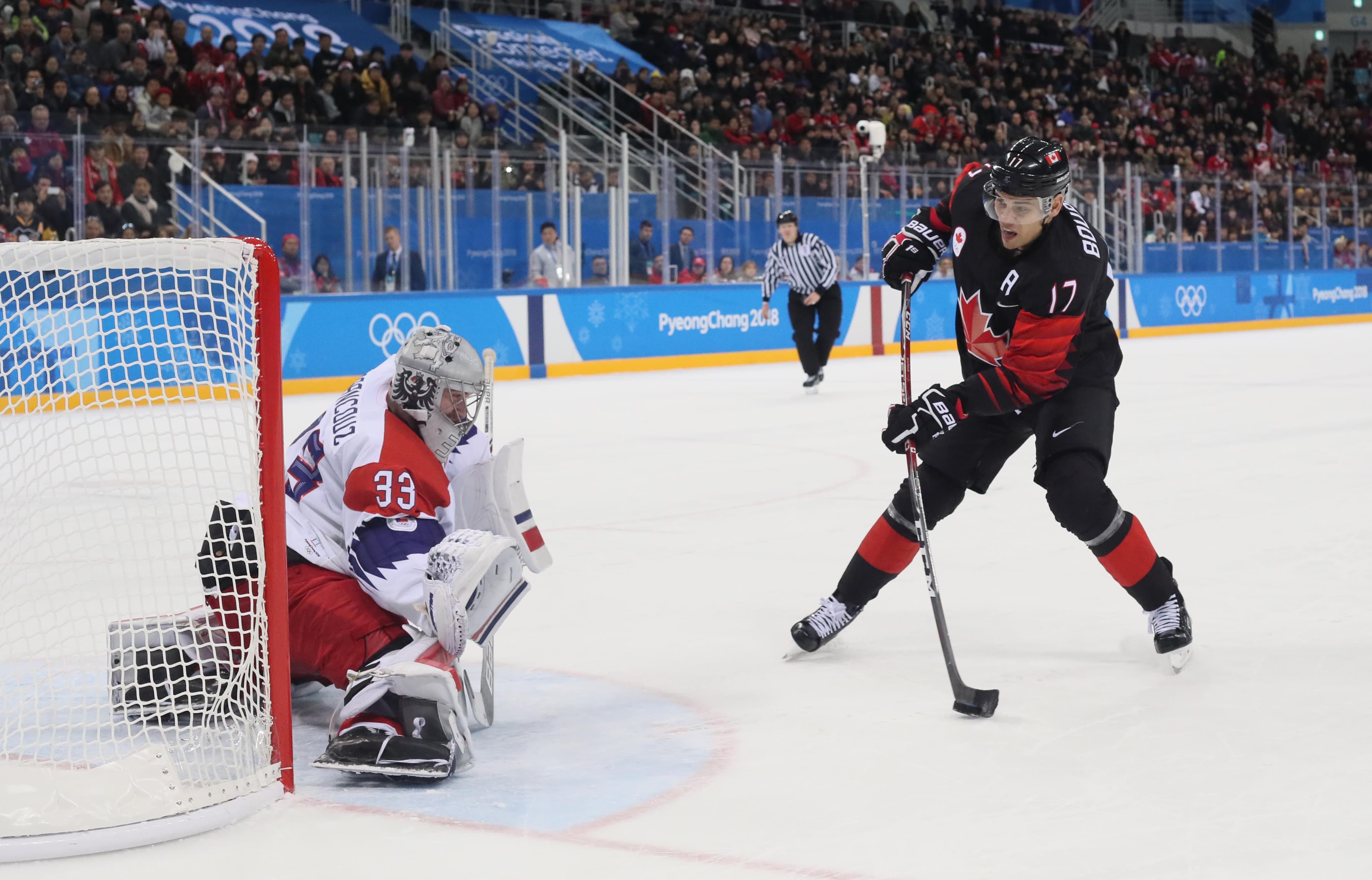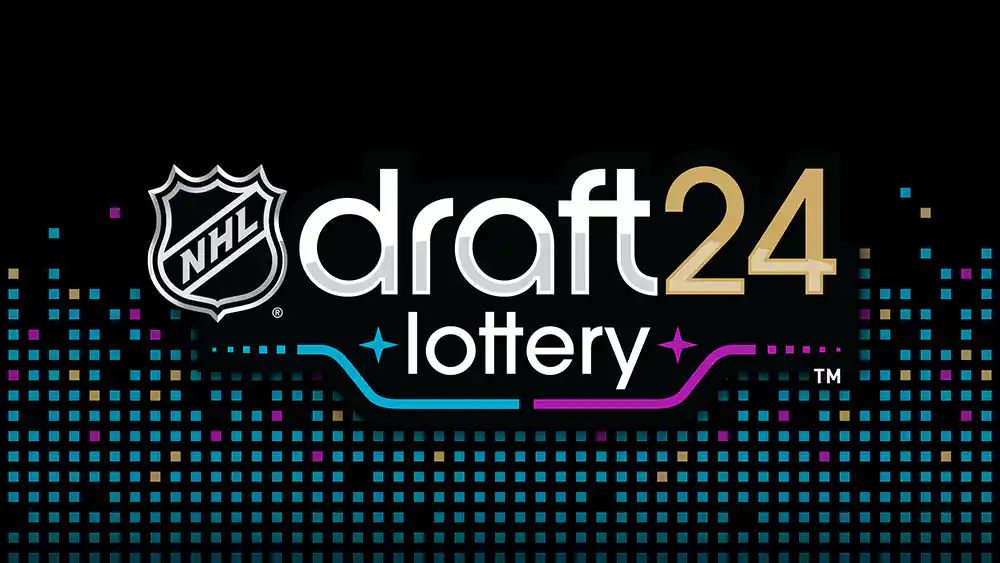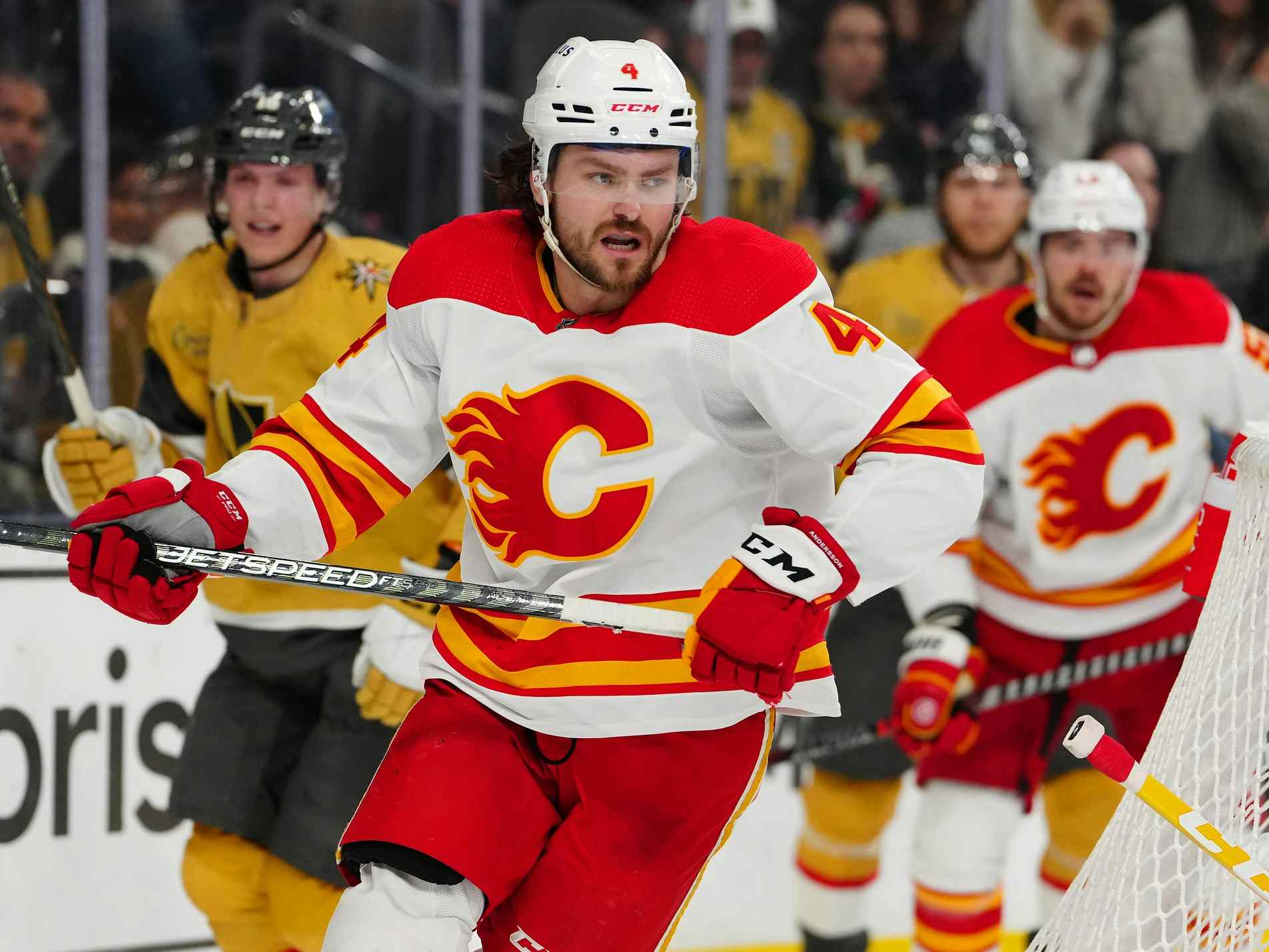Former Flames forward key to Team Canada’s quest for another gold

Rene Bourque’s status as Team Canada’s most important player in their quest for Olympic gold may come as a surprise to many who watched him play his way out of the National Hockey League over the last half-dozen years.
Since posting a pair of 27-goal seasons with the Calgary Flames, the 36-year-old never once cracked the 20-mark again. Injuries and inconsistency have plagued the left-shot right winger his entire career and ultimately overshadowed his speed, booming shot and ability to drop opponents in their tracks with his body, along the boards or in open ice.
The NHL’s refusal to participate in the Pyeongchang Games may have opened the door to Bourque’s dream hockey swansong, but he forced his way through that crack — and that’s why he is the key to Team Canada’s hopes for a third straight Olympic gold.
Motivation is a powerful thing for someone who was so often criticized for a lack of it over his years in professional hockey.
It’s difficult for some to remember all the good Bourque accomplished during his prime in Calgary, partially because of the unspectacular way his run ended (including a televised lashing from broadcaster Kelly Hrudey on Hockey Night in Canada a couple of months before he was shipped out).
His resume is full of extreme highs and lows, but Bourque was always at his best when there was something to prove and he was healthy. It’s just that those two things didn’t co-exist very often.
We’re being reminded of that talent now thanks to three goals in the first three games of the Olympic tournament, and a memorable hit against the hosts on Sunday morning during a game in which he was held without a goal or point but remained the team’s most important physical threat and presence in front of the net.
He’s not flashy like scoring leader Eeli Tolvanen of the Finnish squad, or former NHL sniper Ilya Kovalchuk — who along with Olympic Athletes of Russia teammate Kirill Kaprizov lead the goalscoring race with one more than Bourque — but Bourque is his team’s most engaged offensive player.
When that happened in his NHL career, he was a damn good player.
Among the highs was Bourque’s start to his professional career. Eager to establish himself after the Chicago Blackhawks signed him as a free agent following four years at the University of Wisconsin, Bourque was the American Hockey League’s rookie of the year in 2005 with a franchise-record 33 goals and team-leading 60 points in 78 games with the Norfolk Admirals.
That season was especially impressive when you consider his quality of competition with so many of the NHL’s best young players filling up minor-league rosters because of the lockout.
A jump to the NHL the next year led to a promising rookie season with the rebuilding Blackhawks, seeing Bourque earn top six forward ice time and produce 16 goals and 34 points in 77 games to finish fourth in team scoring.
Then came those injury issues.
The first could have killed him, as Columbus Blue Jackets winger Nikolai Zherdev’s skate struck Bourque in the neck and sliced into his jugular in mid-November 2006. After a month of recovery, the mental toughness took even longer to return for a player whose style depends on fearlessness. A couple of weeks later, he was out again with a cracked bone in his ankle. Nearly two months passed before he could play. Point-less through his first five games back, he then went on a tear and put up three goals and eight points in his next six contests, but finished with just one assist in his last nine of the season.
The cold spell carried over to the start of his final season with the Hawks as he struggled with a groin injury that kept him out of a few games early on and affected his performance. He produced no points through his first eight games of 2007-08. Feeling the need to respond, he earned three goals and eight points in his next eight… before injury found him once again in November and snuffed out his momentum.
A broken thumb. More than a month missed. Another season derailed. He scored seven of his 10 goals and 16 of his 24 points over the final 46 games.
His trade to Calgary marked a fresh start. A chance to prove he could make a difference. And if he disappointed for the next three seasons, it was primarily because he left fans wanting more.
On a two-year deal, Bourque was motivated to win over his new teammates through his play — especially idol Jarome Iginla. In what stands as Bourque’s most consistent NHL season to date, his first in Calgary saw him pile up 21 goals and 40 points in 58 games before… you guessed it, another injury cost him the final two months of 2009.
The high-ankle sprain was reinjured when he rushed a return to the lineup in the playoff matchup against his former Hawks, and he needed surgery in the offseason.
Bourque’s longest drought of 2009-10 was six games and it only happened once. His 27 goals and 58 points were career highs and the Flames rewarded the pending UFA in February with a six-year deal worth $20 million.
He was the star of the Heritage Classic at McMahon Stadium with a pair of goals in a win over Montreal — one of those examples of what he can do when motivated — but six- and eight-game scoring slumps took a little lustre off his second straight 27-goal season in 2010-11, and the frustrations from fans, coaches and members of the media began to bubble. Bourque was clearly gifted with size, speed and skill but his personality had always been low-key and his play too often reflected that on the ice.
Hrudey lambasted Bourque in mid-November of 2011 after the winger put up five goals in three of the first 16 games but went scoreless in the other 13 contests. He was suspended twice within a month and then traded to Montreal in mid-January while serving the second one.
An emotional wreck following the trade, Bourque had abdominal surgery delay his first full season with the Canadiens and multiple concussions kept him from playing his best hockey until he finally felt healthy and confident again in the 2014 playoffs.
That run is the best example as to why Bourque has had some Olympic success so far, and why he has as good a chance as any Canadian to be the biggest underdog hero of the hockey tournament. Fog lifted following the February concussion, and a limited number of games in which to exert maximum effort, Bourque was a beast for the Habs as they made it all the way to the Eastern Conference final. Even though they lost a shot at the Stanley Cup final with a six-game loss to the Rangers, Bourque finished fifth in goal scoring in the postseason and was first in goals-per-game among the top five.
It was his last real hurrah in the NHL. The Habs had already lost faith in him, waiving him and then trading him to the Anaheim Ducks, who later dealt him to the Columbus Blue Jackets. He never gained traction. A tryout in Denver earned him a final contract in 2016-17, and he cobbled together a dozen goals in 65 games, but wasn’t offered anything but training camp tryouts this year.
Unwilling to accept anything but a guaranteed NHL deal, Bourque went to Sweden ONLY to have a shot at the Olympics. It was an opportunity he sought out, battled for, and earned. With a young family waiting for him to hang up the skates, these Games are all he has left. He’ll never win a Stanley Cup, but Olympic gold would be a pretty spectacular substitute.
With just a few games to go and nothing to lose, don’t bet against Bourque as the guy who scores the Golden Goal.
Recent articles from Steve Macfarlane




